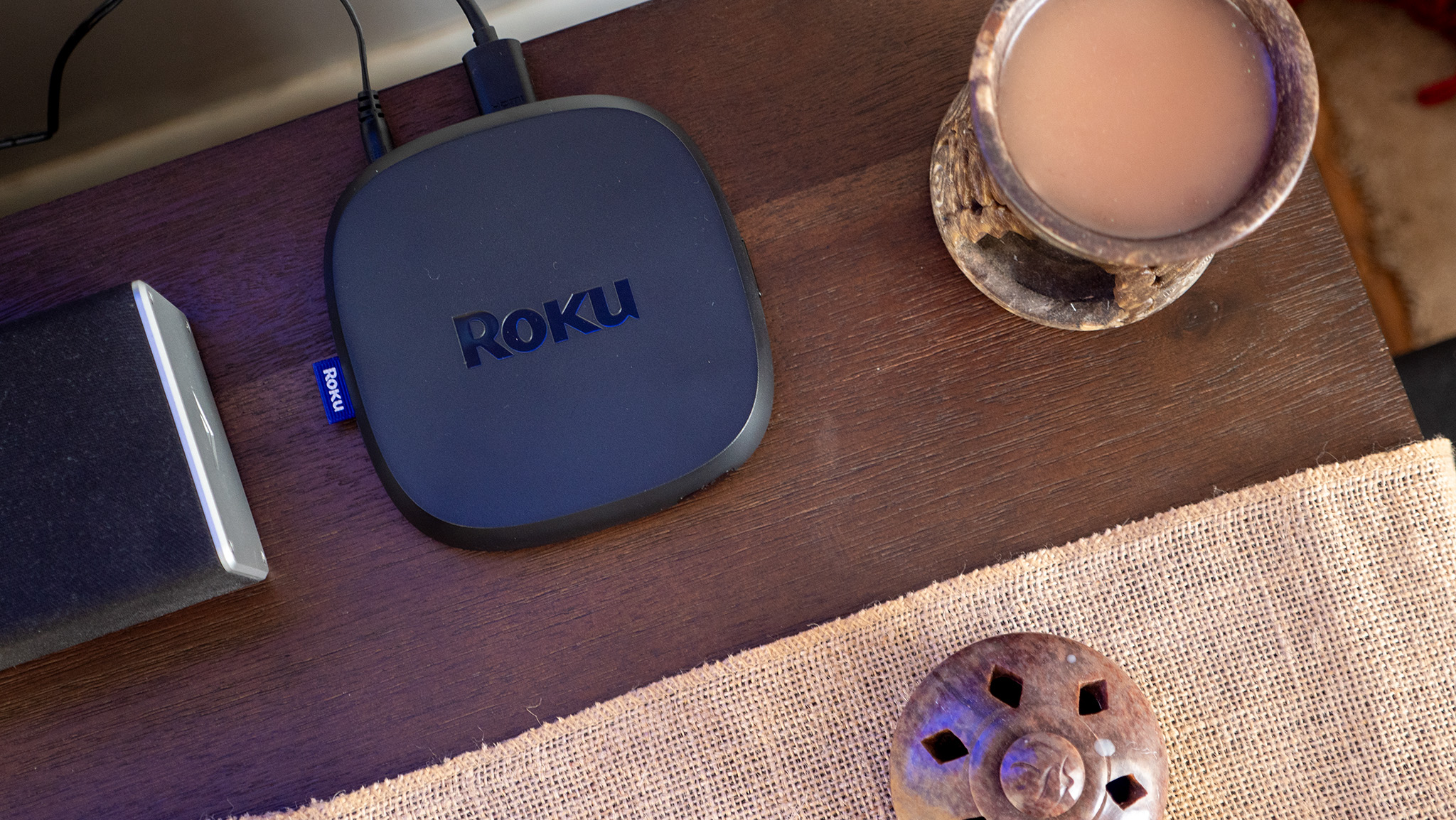
A few months ago, apps on my faithful LG OLED TV began to experience inexplicable problems. From crashes to endless buffering, it was quickly becoming clear that I was going to have to change my streaming TV routine. I used my phone to cast apps to my Chromecast Ultra for a while but it turns out that casting is pretty annoying when it's the only way to watch. I like having a dedicated remote, and the Chromecast didn't have that.
Enter the Roku Ultra. I'd used Roku plenty of times before on my old TCL TV, not to mention many other TCL TVs that family members and friends have, so I was already confident that I'd enjoy the experience. But I didn't realize just how heads and tails better Roku Ultra was going to be over the built-in apps on my LG OLED.
From the speed to availability, picture quality, and the fantastic remote, Roku Ultra has been just about everything I've wanted in a streaming box for a surprisingly affordable price: just $99. In fact, as of this writing, Amazon has it on sale for $89, making it even more of a reasonable upgrade over whatever you're currently using and an excellent alternative to the best Android TV boxes.
Serious speed and convenience
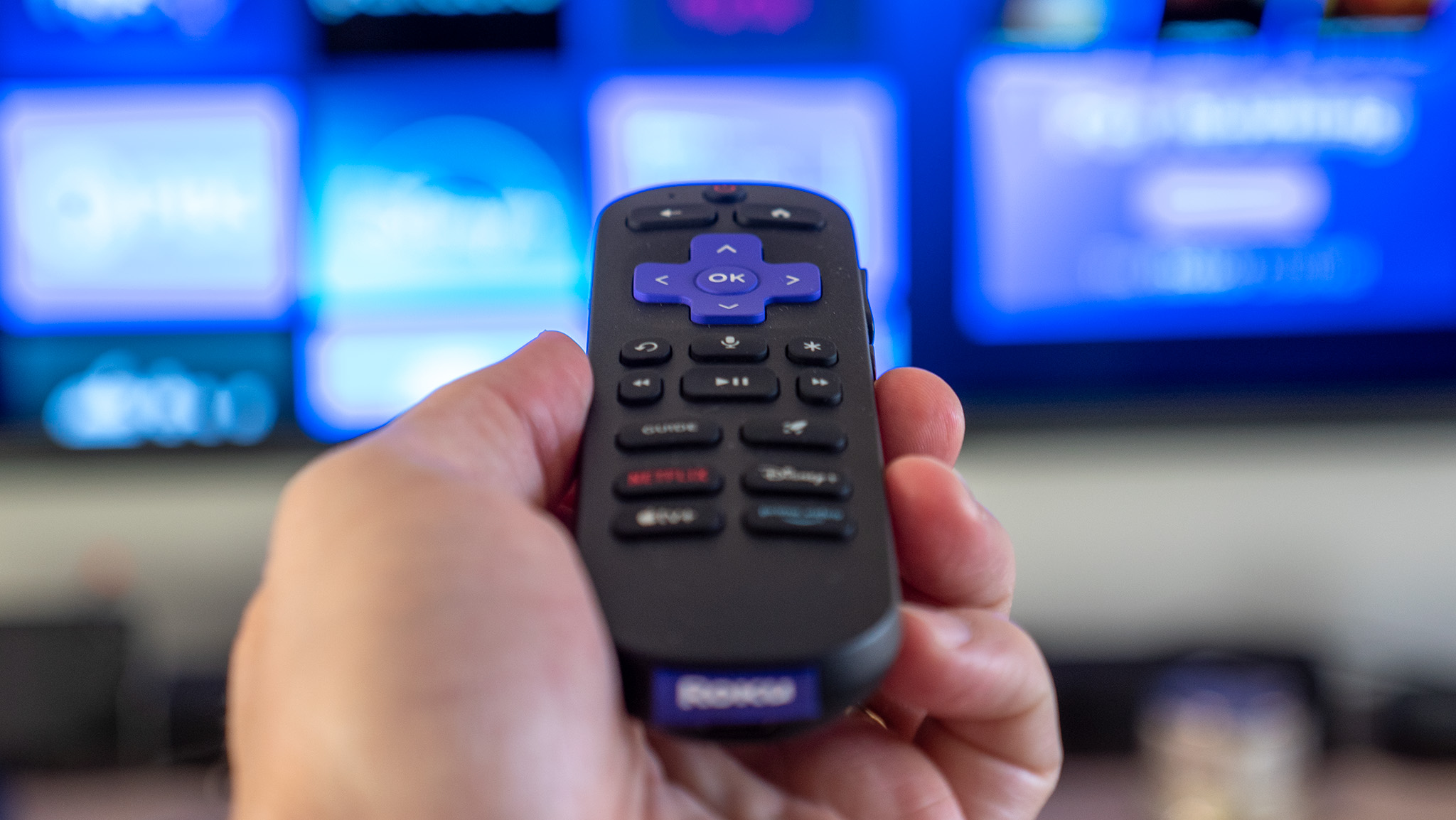
The difference in app quality and availability versus my LG OLED TV was pretty astonishing. Having bought it in 2017, my TV is technically "old" at this point — maybe I should look for a Black Friday OLED TV deal — but things were working fine until recently. I'll admit that the experience has degraded over the years, though. The Apple TV Plus app on my TV, for instance, is supremely sluggish, while the same one on the Roku Ultra is buttery smooth and instantly responsive.
App choice and quality was second to none, and shows like Rings of Power look better on my TV coming from the Roku Ultra than they did with the native Prime Video app.
The apps I used all delivered quality that was as good or better than the native ones on my TV. Watching "Rings of Power" on the Prime Video app, for instance, delivered better colors and HDR quality than the app on my TV, which was an unexpected bonus.
I also ran across many instances where apps simply weren't available on my TV, and casting from an app on my phone to the Chromecast wasn't always an optimal experience. Case in point, lots of apps that cast videos don't include those handy "skip intro" buttons whereas the same app on the Roku will.
I found that the time it took for me to turn the Roku on and navigate to the show I wanted to watch was generally quicker than if I had found it on my phone and proceeded to cast it to my TV or Chromecast. Typing certainly takes longer using the remote versus a phone but that's what the handy microphone on the remote is for.
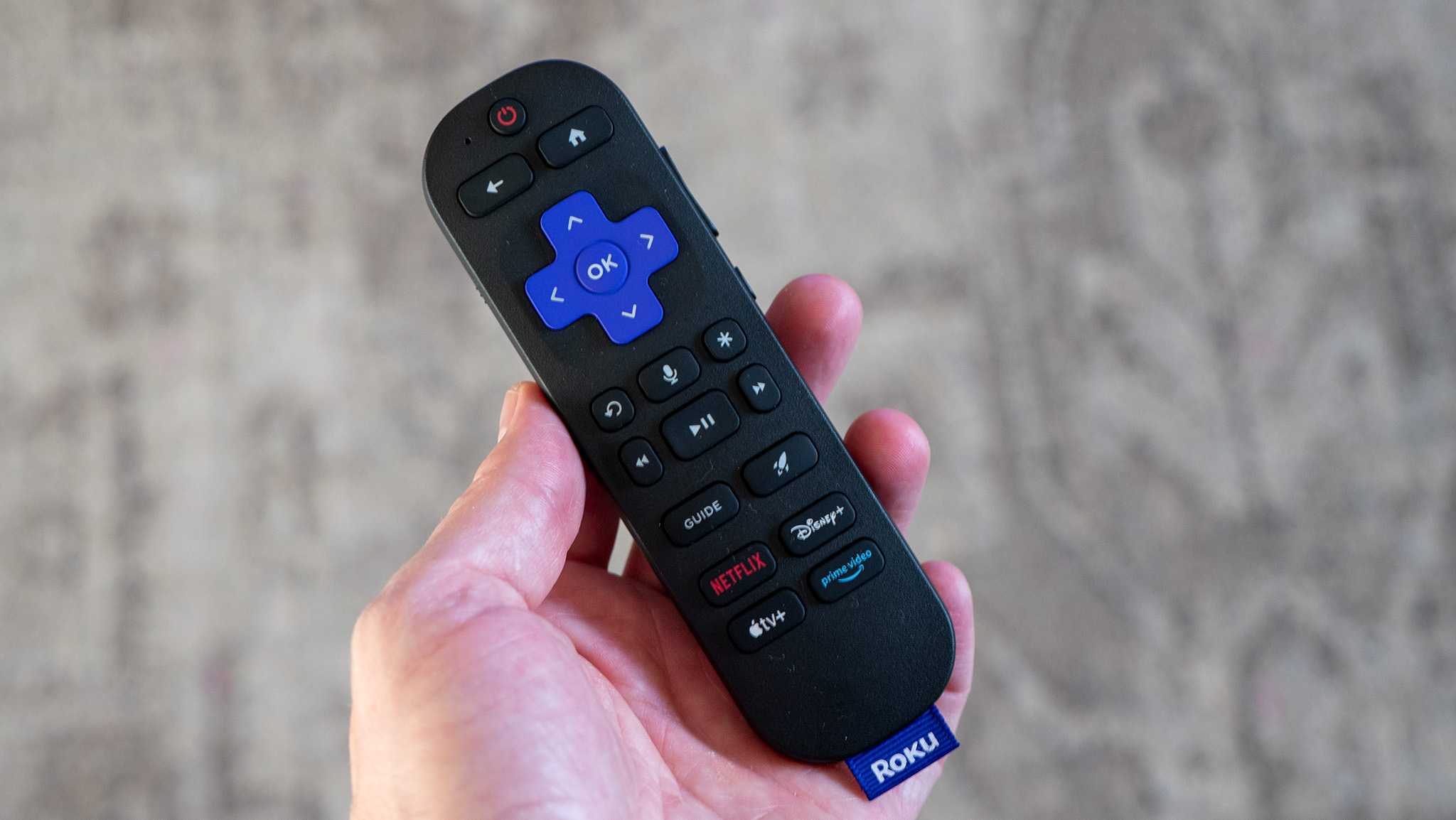
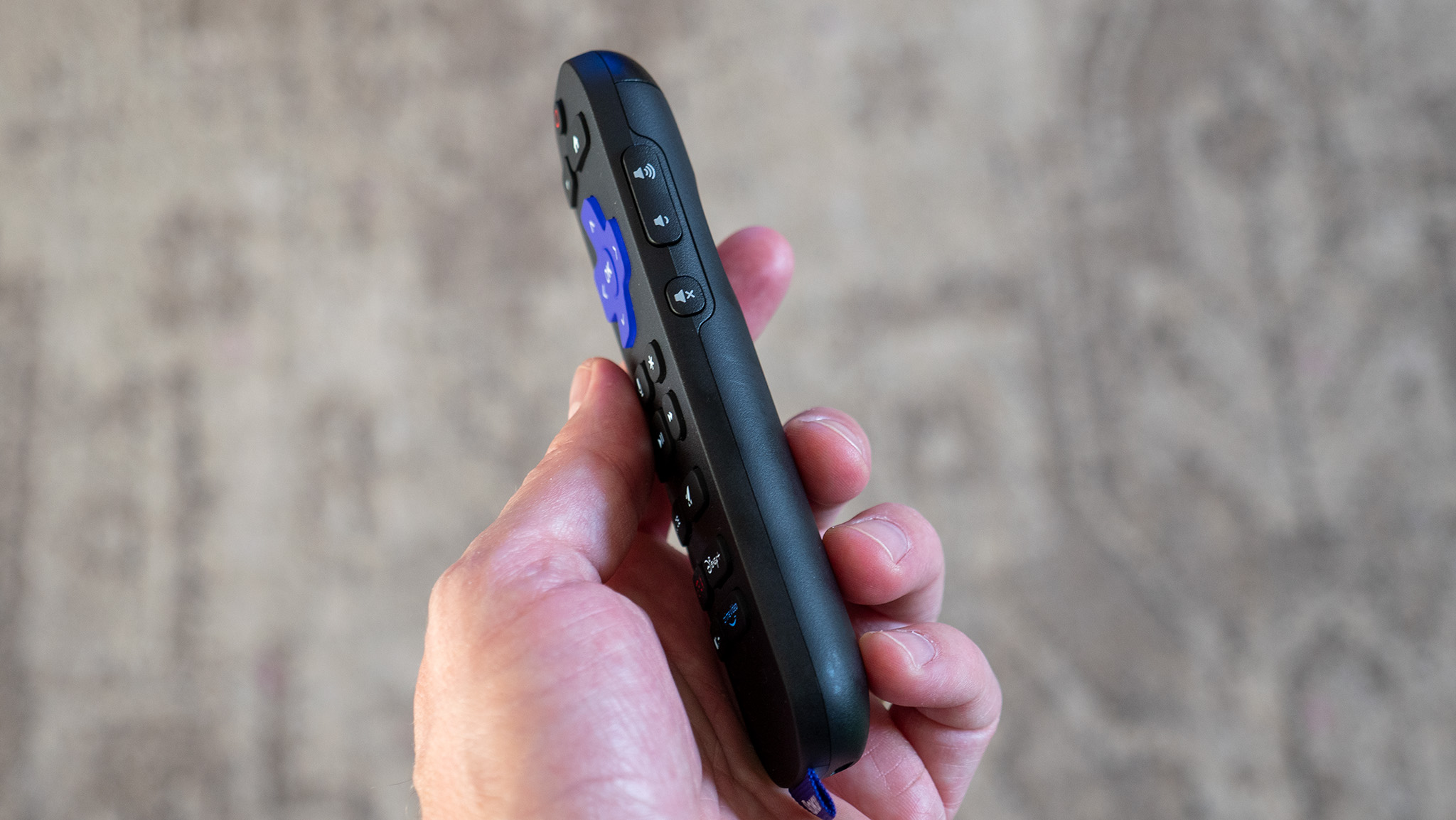
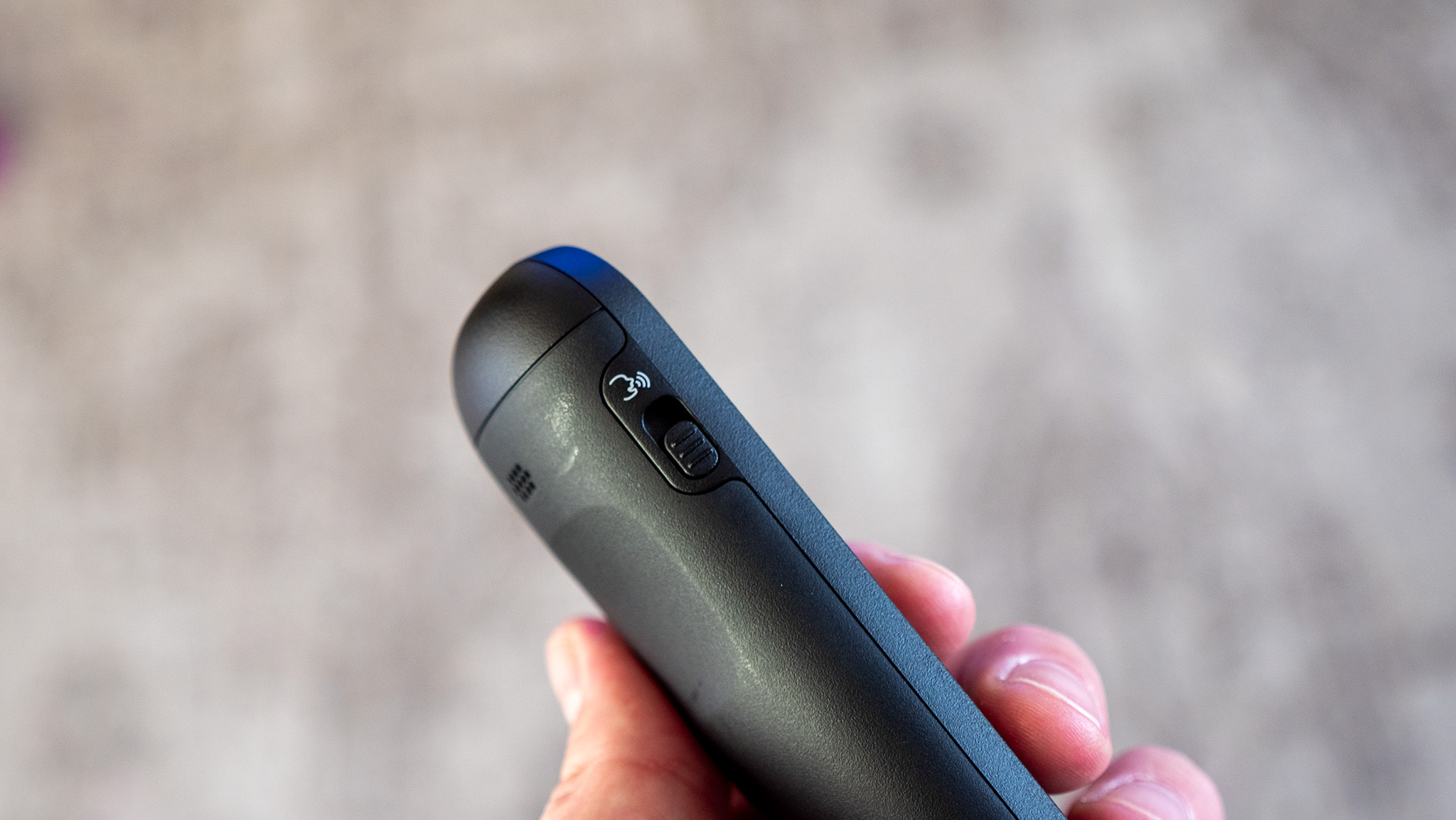
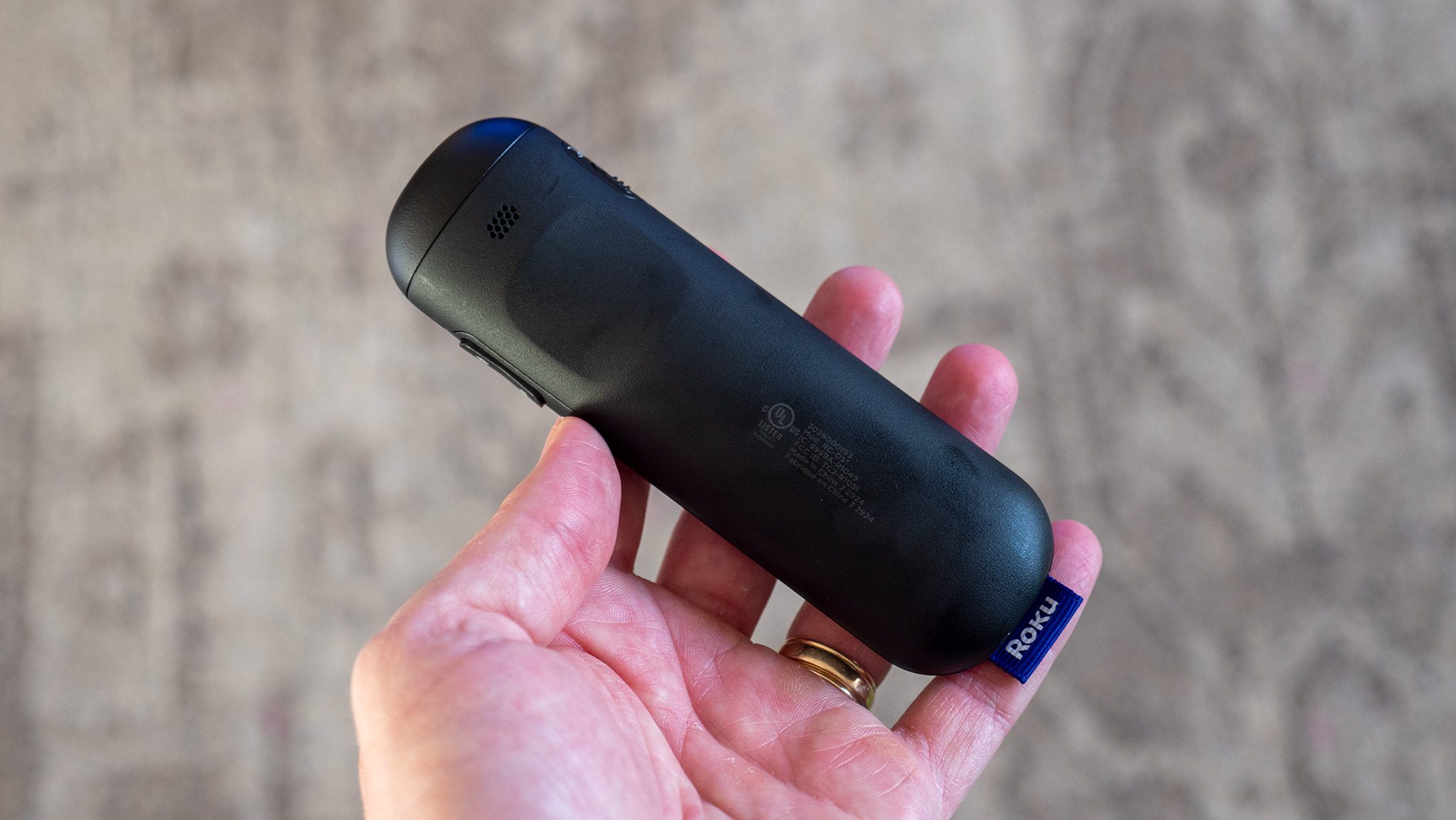
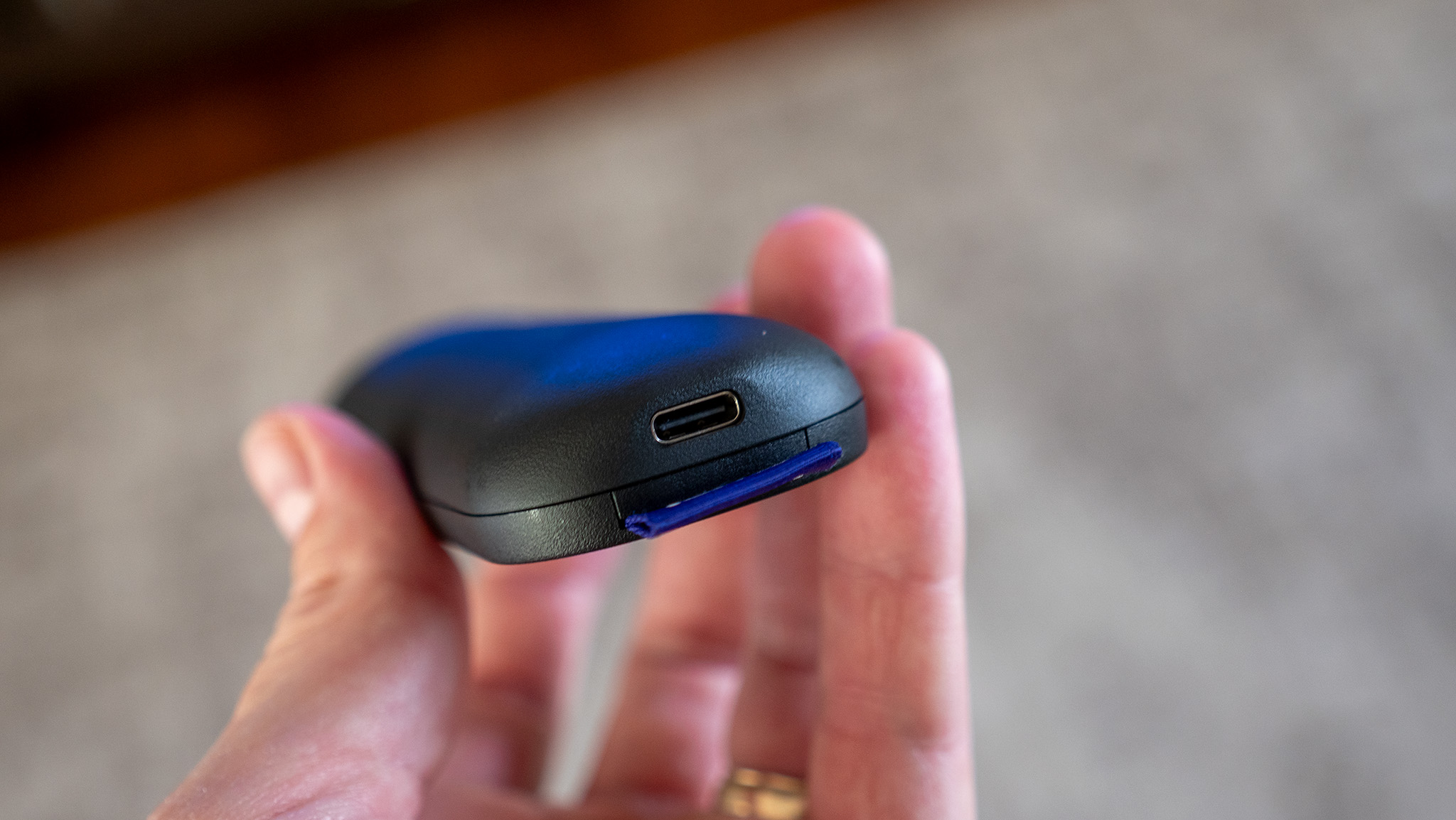
The only thing that would make this remote better is gyro aiming control like my LG OLED TV remote has.
In fact, this remote works so well and is so well designed I don't want to use anything else. The keys are backlit so it's easy to see at any time of the day. If you lose the remote, a handy button on the right side of the Roku Ultra itself can be pressed so the remote emits an easy-to-find sound. We've already lost the remote twice over the past few weeks so I can attest to this function's reliability.
The voice functionality works brilliantly, too, letting you not only perform searches for shows to watch but also control playback without needing to touch the remote. I've used the "Hey Roku, pause" more than once because someone left the remote on the other side of the room after queuing up the show. It's really cool and reminds me at least a bit of the old Xbox One Kinect voice control.
I really wish it had gyro-aiming support like my LG OLED TV remote, but I can overlook it because of the cost. Heck, it even has a USB-C port on the bottom with a built-in rechargeable battery, so it's hard to complain about any missing feature in the niche.
One small problem
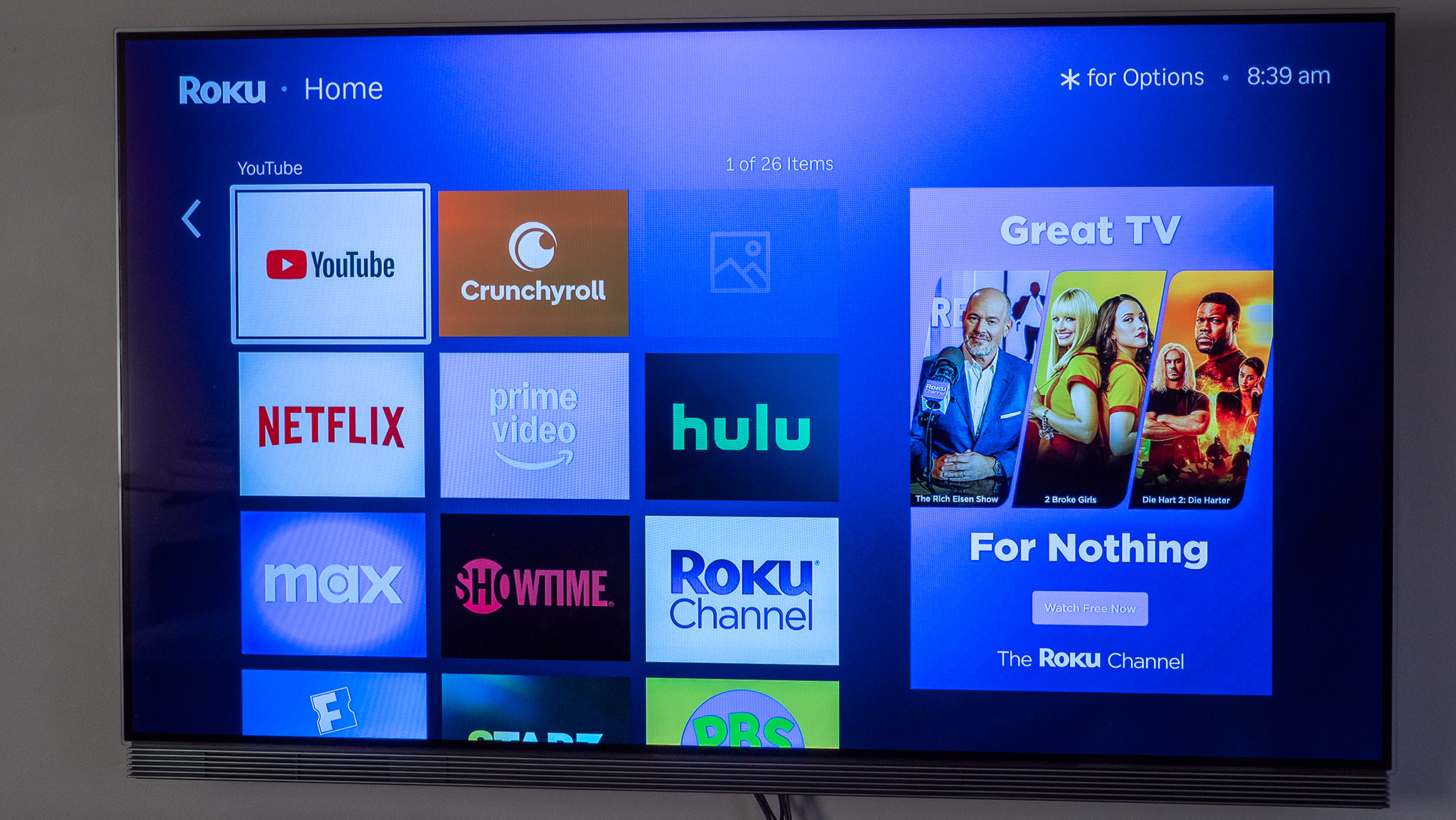
As the name implies, a Chromecast is primarily built for casting streams to your TV, which is different from the Chromecast with Google TV dongle featuring the full Android TV OS on it (and as seen on the new Google TV Streamer). The Google Cast protocol that powers my unit is the one that popularized the concept, so it's the most widely supported casting protocol that can be used anywhere. That being said, Roku still doesn't support Google Cast. That means if you've got a one-off device that doesn't support more than just Google Cast, you might have to jump through hoops to get it working.
Devices that only use Google Cast to cast still require workarounds, but those seem to be few and far beween.
Case in point, my Meta Quest 3S supports Google Cast and casting to the Meta Horizon app for easy viewing, but to get the feed on the TV, I'd need to cast to the Meta Horizon app and then mirror my phone's screen.
This really isn't that big of a deal, but it is an extra step beyond what I'm used to using. It may also take up more than once screen at a time depending on your phone. My OnePlus 12 allows me to just cast a single app so that the feed is on my TV and I can still use my phone for whatever I want without the rest of the room seeing. Not all phones have this option, though.
I have yet to find any other devices that don't support the casting service the Roku has on it, though, so this conundrum should be a fairly isolated issue. Considering how little I actually cast my VR feed to my TV, though, it's not like this has caused many issues since I started using the Roku Ultra.
Would I love to see Google Cast eventually come to Roku? For sure. Would I go back just for it? Definitely not.
The new Roku Ultra is here with better performance and video quality than ever before, plus a backlit remote with intelligent voice functionality that you'll immediately love, all with the apps and services you want to use.







